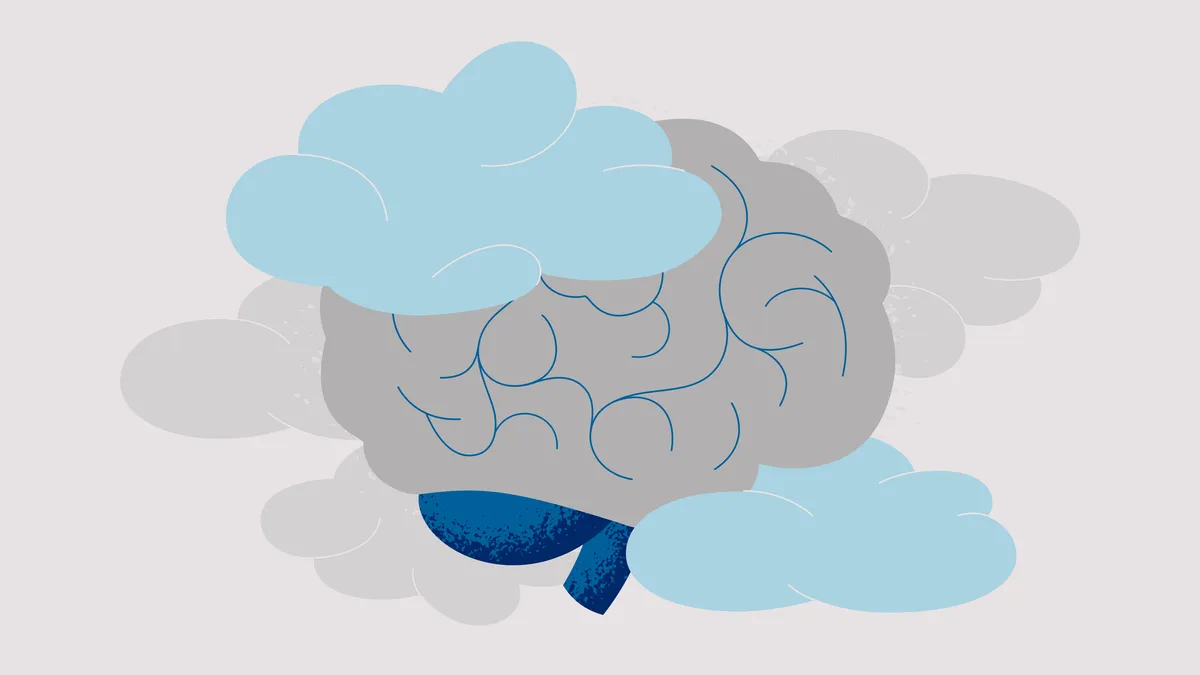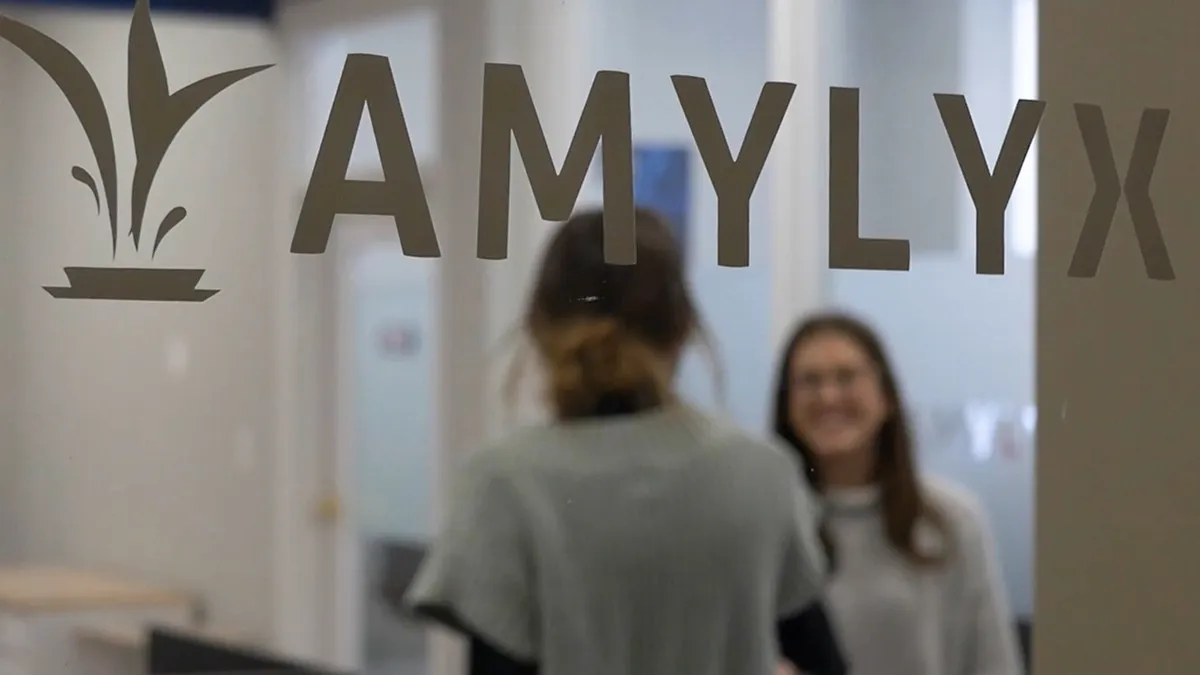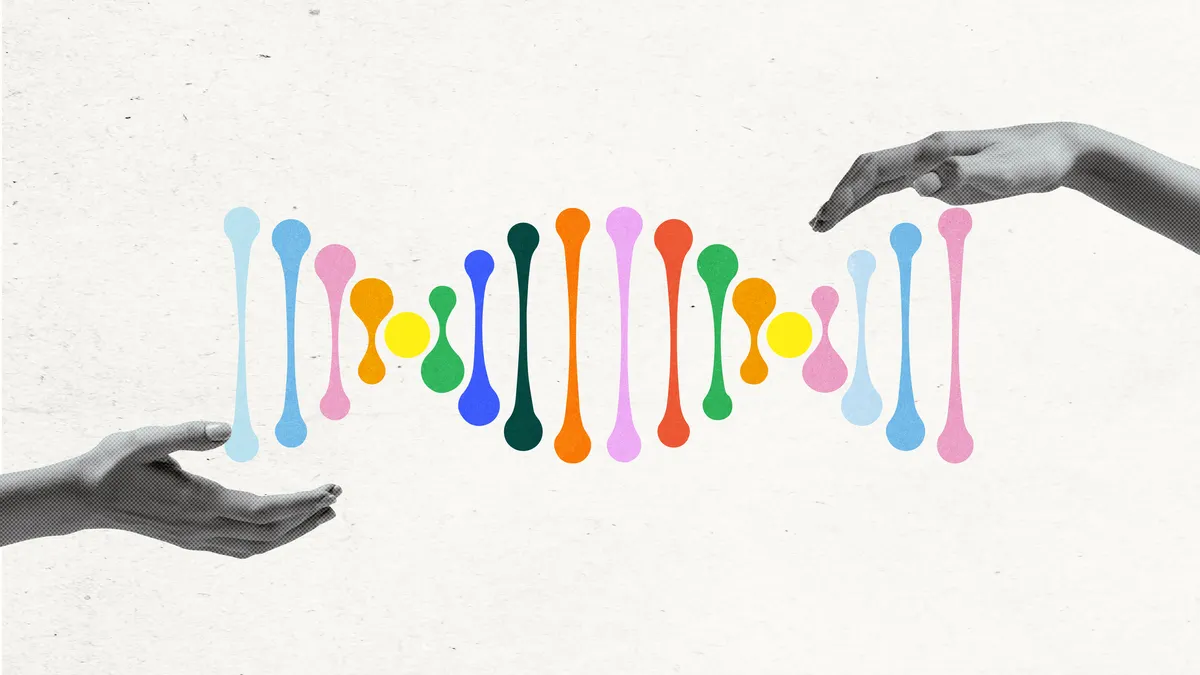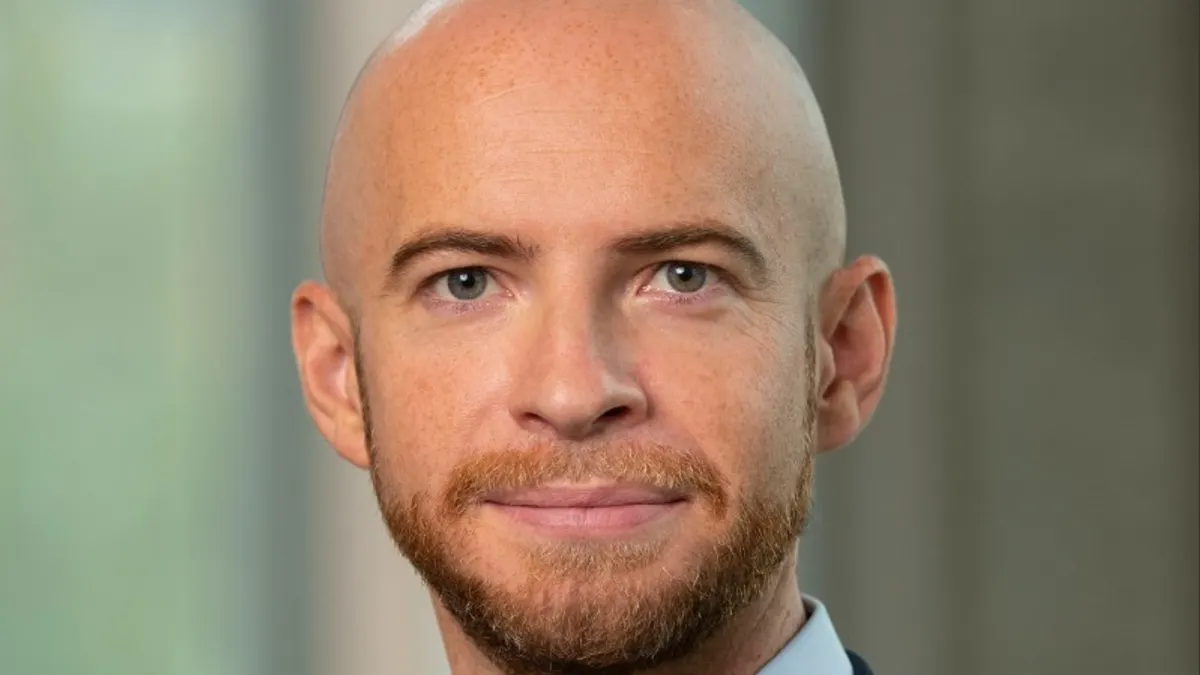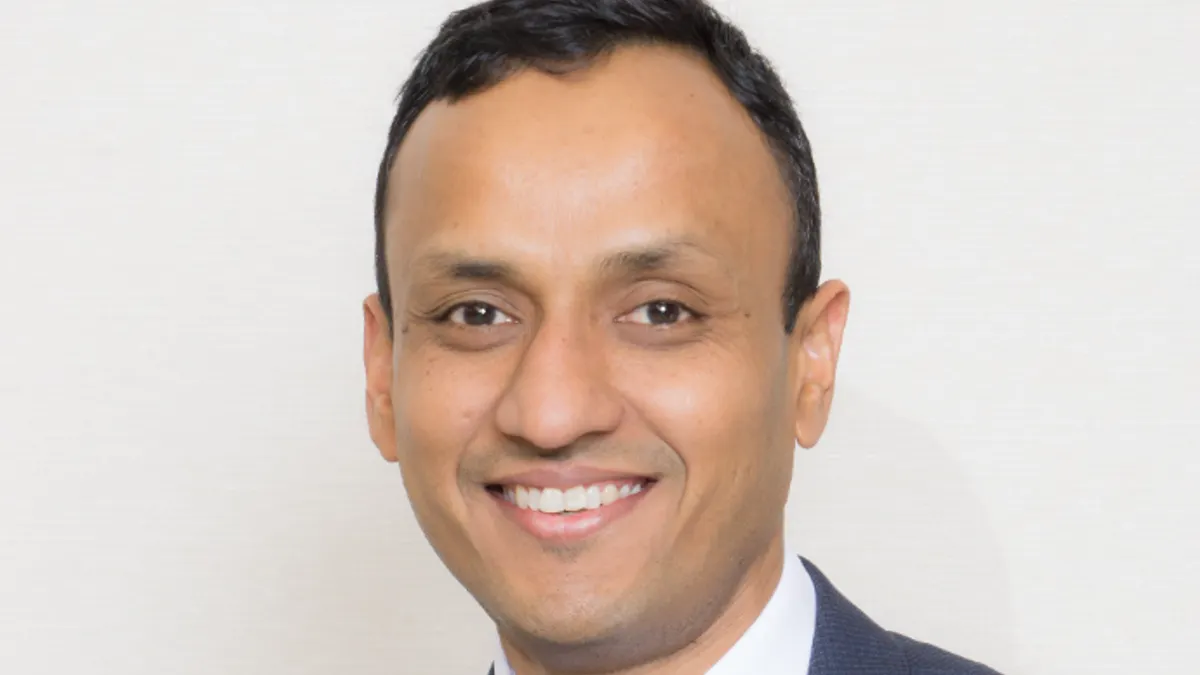Bristol Myers Squibb’s highly-anticipated schizophrenia drug KarXT is fast approaching its September FDA decision date, and competition is already heating up in a market that could reach more than $7 billion by 2028.
KarXT, a muscarinic agonist, may become the first new class of schizophrenia drugs in decades, bringing $10 billion in sales potential. But competitors are slouching in the bushes nearby, ready to strike and chip away at its long-term prospects.
One of those contenders is AbbVie’s emraclidine, which also targets the muscarinic receptor, said Dr. Dawn Carlson, AbbVie’s vice president of neuroscience development, in an email.
Early promise
People with schizophrenia experience a broad range of symptoms, from hallucinations and delusions to cognitive impairments and social withdrawal.
Early trials show that, like KarXT, emraclidine, which AbbVie acquired from Cerevel Therapeutics in a multibillion dollar deal, is effective at controlling a range of schizophrenia symptoms without the debilitating side effects or drawbacks of traditional antipsychotics, which cause almost three-quarters of patients to abandon treatment.
But experts say the once-daily versus twice-daily treatment and more gut-friendly formulation may give emraclidine an edge over KarXT, which Bristol Myers Squibb acquired in a $14 billion acquisition of Karuna Therapeutics.
Emraclidine is designed to reduce the excess dopamine signaling that causes schizophrenic symptoms but without blocking the receptors altogether, Carlson said. By blocking specific receptors called M4 rather than those across the board, the drug could help patients deal with symptoms without the side effects that come with less precise treatment.
A phase 1b study found patients who received emraclidine for six weeks saw statistically significant improvements on a standardized scale of symptom severity without side effects like weight gain, restlessness and movement disorders.
“By selectively targeting the M4 receptor, emraclidine resulted in infrequent gastrointestinal side effects, with rates similar to placebo,” Carlson said.
AbbVie is testing the drug in two mid-stage trials that could lead to registration, planning to release topline data later this year.
Gathering assets
The Cerevel acquisition, finalized this month not only gave AbbVie emraclidine but several preclinical and clinical-stage drugs that fit into the pharma giant’s existing portfolio, Carlson said.
“There are multiple programs in Cerevel’s pipeline across several psychiatric and neurological conditions such as schizophrenia, Parkinson’s disease and mood disorders, where there continues to be significant unmet need for patients,” she said.
Emraclidine may also have applications outside of schizophrenia for dementia-related psychosis in Alzheimer's and Parkinson’s disease.
Emraclidine isn’t the only schizophrenia treatment in the works, and several more are moving through the pipeline. While many have the same dopamine or serotonin targets as traditional antipsychotics, others are attempting novel approaches like KarXT and emraclidine.
Neurocrine Biosciences is also testing a muscarinic agonist in a phase 2 with Nxera Pharma. The company also has another mid-stage schizophrenia candidate, luvadaxistat, a selective d-amino acid oxidase inhibitor. Boehringer Ingelheim is in phase 3 with its drug iclepertin, a selective glycine transporter 1 inhibitor. It’s unclear to AbbVie how emraclidine might fare against these investigational drugs.
“At this time, we have not conducted any head-to-head studies that directly compare emraclidine to other potential therapies,” Carlson said.
Terran Biosciences is also looking to give KarXT a run for its money with a prodrug that becomes active after it enters the body. The treatment could allow the company to get a competitor on the market after Bristol Myers Squibb’s five-year marketing exclusivity period expires. Furthermore, Terran wants to improve on KarXT’s twice-daily dosing schedule with a once-daily pill and a long-acting injection, TerXT LAI.
An increasingly competitive market may create a rocky road for drug companies, but it’s likely welcomed by patients with schizophrenia, who need better treatment options. The condition is among the top 15 leading causes of disability worldwide but affects less than 1% of the population.
“There remains a significant unmet need for more therapies with different mechanisms of action in the treatment of schizophrenia,” Carlson said.


